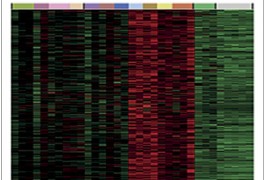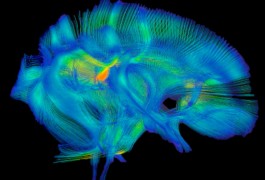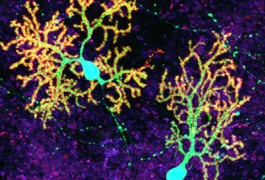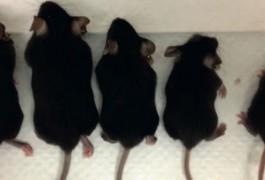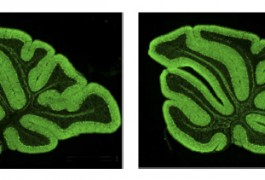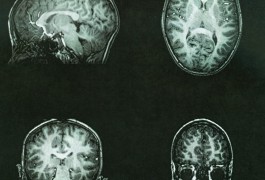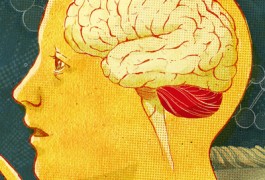Control centers for genes rife with autism-linked DNA blips
DNA sequences called enhancers — which boost the expression of genes from within or outside them — are enriched for genetic variants linked to autism, suggests a new study. The finding may help researchers understand how variants outside genes contribute to autism.
